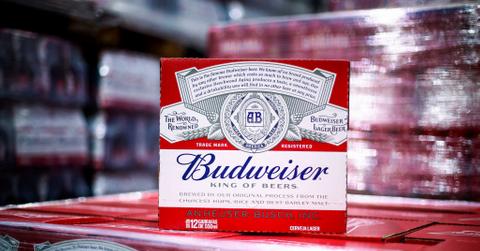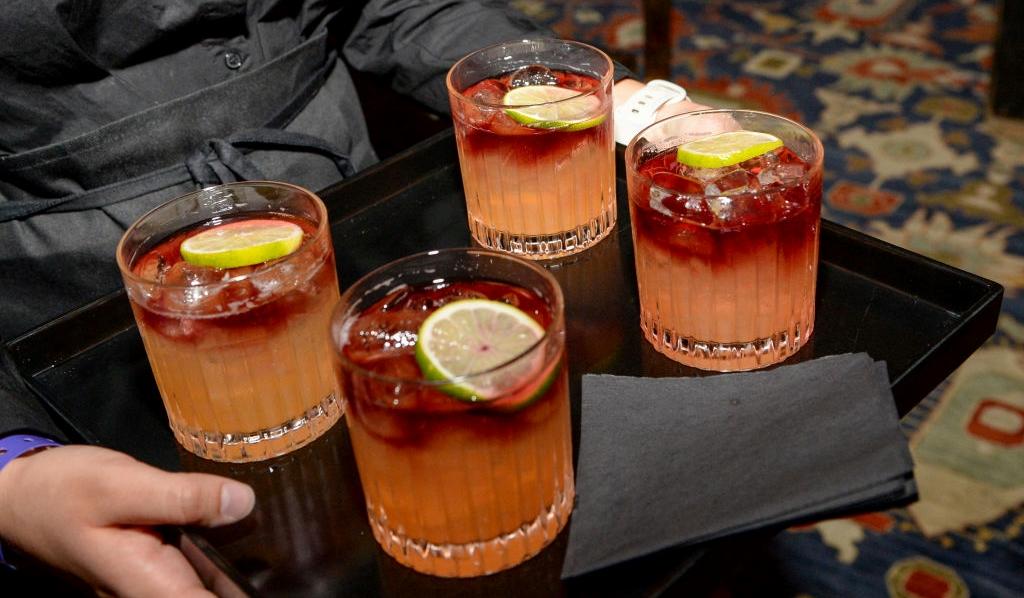Alcohol Industry May Be Anti-Competitive, Treasury Says
The U.S. Treasury wants the DOJ and FTC to target the alcohol industry for potential anti-competitive activity. Here are the details.
Feb. 10 2022, Published 10:32 a.m. ET

The U.S. Treasury Department has a new target: the alcohol industry. On Feb. 8, the Treasury called out the $250 billion U.S. alcohol market in a 63-page report. According to the paper, the industry is too consolidated, driving consumer prices up and keeping small players out.
The Treasury wants America’s two anti-competition regulators—the Department of Justice (DOJ) and Federal Trade Commission (FTC)—to change rules to better control companies at the helm of beer, wine, and spirits.
Why the Treasury says alcohol is anti-competitive

The Treasury pointed out that there's more than 6,400 breweries, 6,600 wineries, and 1,900 distilleries in the U.S. All of these industries have grown in recent years due to the craft boom. “These businesses are dispersed throughout the country, and they have helped build a strong global reputation for quality and craftsmanship,” the report says.
However, consolidation is burdening this craft expansion. The report states, “Two brewers have dominated the U.S. markets since 2008 and today account for an estimated 65 percent of the beer market nationwide.”
Anheuser-Busch InBev and Molson Coors are the top dogs in the industry. Small makers face complicated regulation at the state and federal level. Much of these laws are products of Prohibition.
“Post and hold” laws from the end of Prohibition require wholesalers to publicize prices and hold them for a set period of time. These laws, still intact today, prevent price cuts and are easy targets for collusion. The Treasury says these laws alone lead to consumers spending $478 million more on beer products than they would otherwise.
Additionally, large companies practice “exclusionary behavior” that keeps out small companies or makes it more likely that they’ll sell to a parent organization. Discriminatory conduct and banned practices like slotting (manufacturers pay fees to obtain retailer patronage) still take place.
Treasury calls on anti-competition regulators to pursue the alcohol industry
The Treasury wants the DOJ and FTC to focus on the alcohol industry. Specifically, the report asks the organizations to consider how acquisitions and consolidation impact distribution, pricing, and innovation in the industry.
The report focuses further on vertical mergers (deals that consolidate different supply chain functions for a common good or service). These types of mergers are especially likely to create monopolies and inch out the competition.
Will the DOJ and FTC take action?
If the big alcohol industry has anything to do with it, the DOJ and FTC won’t shake up the landscape. The Beer Institute, a national trade association representing the nation's biggest brewers, called the report a “mischaracterization.” But the American Craft Spirits Association called it “a fresh look at antiquated alcohol laws that are working against small businesses and curtailing access to our products.”
The FTC and DOJ have indeed been focusing on anti-competition at the macro-economic level. It wouldn’t be a surprise if FTC chair Lina Khan came forward with an investigation into the industry.
